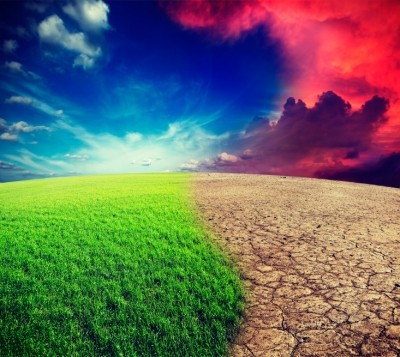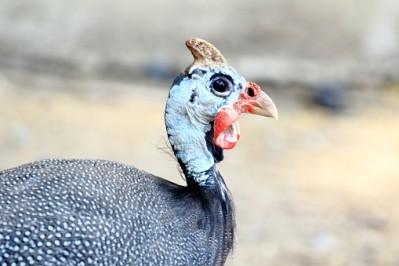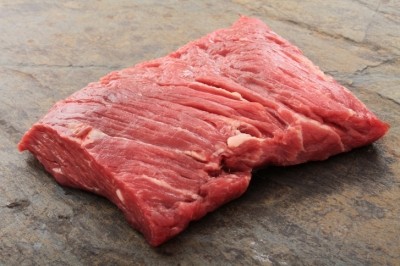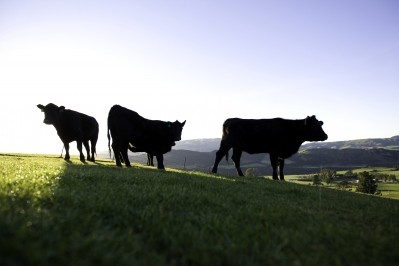Meat industry must lobby to protect interests after Paris climate change deal
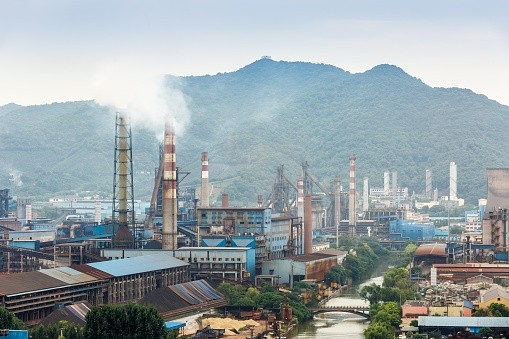
The meat industry has been warned to lobby to protect its interests among governments charged with implementing the international climate change treaty agreed in Paris last weekend.
The accord, struck at the 21st session of the Conference of the Parties (COP) to the UN Framework Convention on Climate Change (or ‘COP 21’), calls for global average temperatures to be kept below 2°C above pre-industrial levels. The UN Food & Agriculture Organisation (FAO) has warned that even a 1.5°C rise will affect the livestock sector in many countries and Alexandre Meybeck, principle FAO adviser for agriculture, environment and climate change, said that a 3°C rise would see the cattle industry “suffer much more”.
But Hsin Huang, secretary general of the International Meat Secretariat, said national meat sectors needed to liaise closely with their home governments to ensure the sector did not have unrealistic targets thrust upon it. “Our industry is not doing enough to tell its own story. By not talking about what we do to combat climate change we make ourselves an easy target for articulate groups."
Climate resilience
“Agriculture is one of the few sectors where your actions can help sequester carbon. Agriculture as a whole can deliver large numbers through well-managed pasture land.”
Agriculture was the only sector to be specifically mentioned in the final agreement. In Article 2 of the accord, countries sign up to “increasing the ability to adapt to the adverse impacts of climate change and foster climate resilience and low greenhouse gas emissions development, in a manner that does not threaten food production”.
Said Dr Jonathan Scurlock, chief energy and renewables adviser at the UK’s National Farmers’ Union. “That’s the bit we can wave at our governments if they look to introduce measures that make the industry unprofitable. Agricultural emissions are fundamentally different from other sectors. There is no prototype for a genetically modified ruminant that does not produce methane. You can minimise, but you can’t abolish the emissions.”
China's CO2 rate 'appalling'
There are also clear implications for the meat industry in Article 2, which calls for funding for new technology in developing countries through “finance flows consistent with a pathway towards low greenhouse gas emissions and climate resilient development”. This was welcomed by Scurlock, who said: “There’s a recognition that, sooner or later, we are going to have to share our technology with others. There’s no gain in us rearing low-methane cows if China’s industry has appallingly high rates of methane.”
Scurlock, however, felt the issue of how developed and developing nations compete can be overplayed: “I think the wider issue is that of added value. I don’t think the meat industry should be tackling competitors head-on in Brazil or Botswana on cost grounds.”
Meybeck agreed that the meat sector might have to look at innovative approaches: “Part of the Paris agreement involves a recognition of the need for more sustainable lifestyles and sustainable production. There will be probably be progressive changes in consumption patterns. It may lead to an appreciation of value-added products.”
The deal is also certain to lead to enhanced emissions trading systems worldwide and a bolstering of the UN’s Clean Development Mechanism and calls in article 6 for “internationally transferred mitigation outcomes to achieve nationally determined contributions”. Meybeck said this represented good news for livestock farmers. “The restoration and increase in grassland and rangelands is important for the creation of carbon sinks,” he said.
